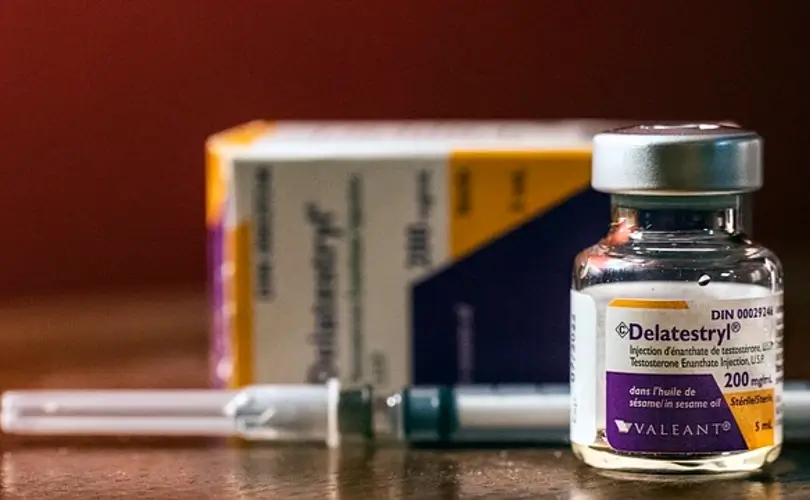The male hormone testosterone is essential to a healthy libido and muscle growth in both men and women. Testosterone production starts early in adolescence and slowly tapers off over time as a man ages. It is most often associated with sex drive but also affects the way men store fat, their bone and muscle mass, how well they sleep, and even their blood cell production.
The amount of testosterone a person, has is determined by two types of tests. The first is a blood test for total testosterone or free testosterone. This test quantifies the hormone unattached to the sex hormone-binding globulin protein. (SHBG). A second type of blood test, the serum-free testosterone level, is used to measure the total testosterone levels in the blood.
Symptoms of Low T
Some symptoms of low T include loss of sex drive, mood changes, hot flashes, and weight gain. Other symptoms can include loss of muscle and strength (sarcopenia), hair loss, depression, irritability, and fatigue.
Several things, including an injury to the testicles, certain medications, and cancer treatments, can cause low T. It can also be related to long-term medical conditions or stress.
Low T Treatments and Benefits
In addition to testosterone replacement therapy, doctors may prescribe drugs that stimulate the body to make more of the hormone. These medications can be injected into the body or taken orally. Some medications have side effects, such as acne and skin reactions. Some are used to treat erectile dysfunction or improve sexual performance, and others help reduce bloating and belly fat.
Studies show that testosterone effectively reduces the number of health problems in men, including osteoporosis, erectile dysfunction, and prostate cancer. It has also been found to increase bone density in men. It can also help prevent heart disease and dementia in older men. It also helps boost mental ability, including memory and processing speed, which can reduce the risk of Alzheimer’s disease in some patients. Enhanced testosterone is especially beneficial for aging men or having other health problems. This increases energy, boosts the immune system, and lowers blood pressure, cholesterol, and triglyceride levels.
Getting enough sleep, exercising frequently, and maintaining a balanced diet are a few strategies to increase testosterone. These steps will help maintain optimal testosterone levels throughout your life.
*Sleep – The most critical factor in testosterone production is sleep. Get enough rest and make sure you go to bed simultaneously each night.
Exercise – Regular physical activity, especially lifting weights, is a great way to raise testosterone. However, speaking to your doctor before beginning an exercise regimen would be best. It is also best to avoid activities that trigger your stress.
Taking a test is the most reliable way to determine whether you have low testosterone. Your doctor will be informed of the precise concentration of testosterone in your blood and its distribution throughout your body.
